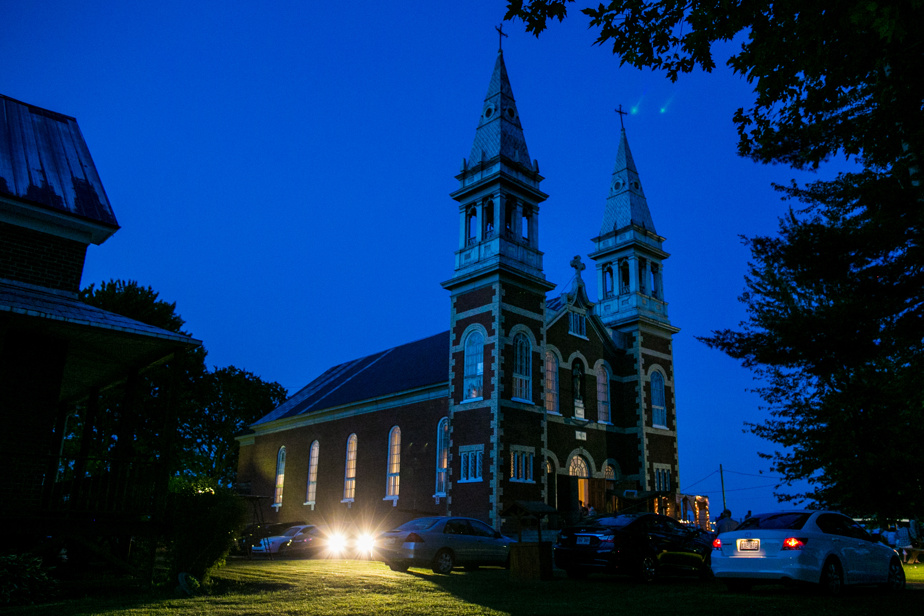Because of its constitution, laws, and tax system, Canada appears to favor systematic discrimination against non-believers.
First of all, the Constitution Act 1982 begins “While Canada was founded on principles recognizing the transcendence of God and the rule of law.” This basic premise ostracizes all those who do not believe in “the transcendence of God.” However, according to the 2011 census, 23.9% of Canada’s population declared themselves unaffiliated with any religion, a proportion that is constantly increasing (compared to 4.4% in the 1971 census and 13% in 1991). *. Can we, in these circumstances, speak of a constitution that respects its diversity?
Canadian criminal law also gives preferential treatment to “believers”. Indeed, Section 319 of the Criminal Code relating to hate propaganda prohibits incitement to hatred but provides a golden defense for believers in paragraph (3)(b). “No person may be convicted of an offense under subsection (2) in the following cases: […] Has expressed in good faith his opinion on a religious subject or an opinion based on a religious text that he believes in, or has tried to prove it by argument. “
A petition was lodged in the House of Commons in 2018 calling for this section to be repealed.
This petition argued, among other things, that the texts of many major religions contain defamatory and hateful expressions against non-believers, women, homosexuals, or certain ethnic or racial groups.
Jodi Wilson-Raybould, Minister of Justice and Attorney General of Canada, under the Trudeau government, responded that “the government does not support the proposal to repeal Section 319(3)(b) of the Criminal Code.” So this religious exception to the hate propaganda law is maintained.
tax collection
Canadian taxes also encourage debt. In fact, in Canada, organizations that “promote religion” can obtain registered charity (OBE) status. According to government standards, the promotion of religion means “the manifestation, advancement, preservation or strengthening of faith in three principal features of religion, namely belief in a higher and invisible power, such as God or a higher being or entity; religious practice or deep respect; a special and complete system of Beliefs and Practices.
Nothing for organizations that promote belief, state secularism, humanism, cosmopolitanism, or another philosophy of life.
Remember that OBE status allows you to be exempt from income tax, take advantage of land leave, municipal and school taxes, and get a portion of sales tax refunded, as well as attract donations by allocating a donor tax credit. In other words, religious groups pay no taxes or levies, and financial benefits are denied to unbelieving groups.
Is it useful to remember that religious institutions are not democratic organizations? Moreover, religions are not owned by the taxpayers who finance these activities.
In a free and democratic state, all citizens must be treated equally; Believers and practitioners as well as non-believers and non-practising. The differential treatment of religions by the Canadian state has no reason to exist and creates systemic discrimination against non-believers. This preferential treatment runs counter to the state’s alleged neutrality.
We hope that this topic will be discussed in the upcoming federal elections.

“Alcohol scholar. Twitter lover. Zombieaholic. Hipster-friendly coffee fanatic.”



